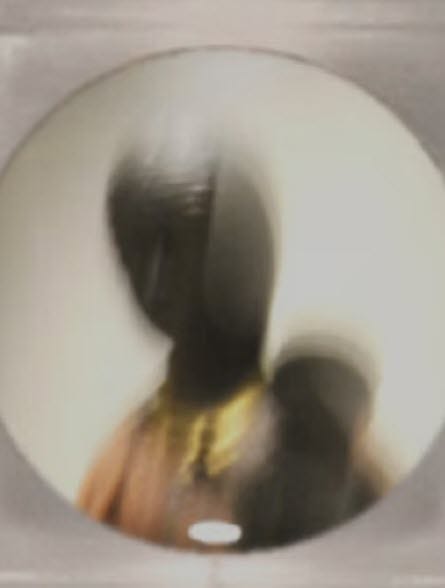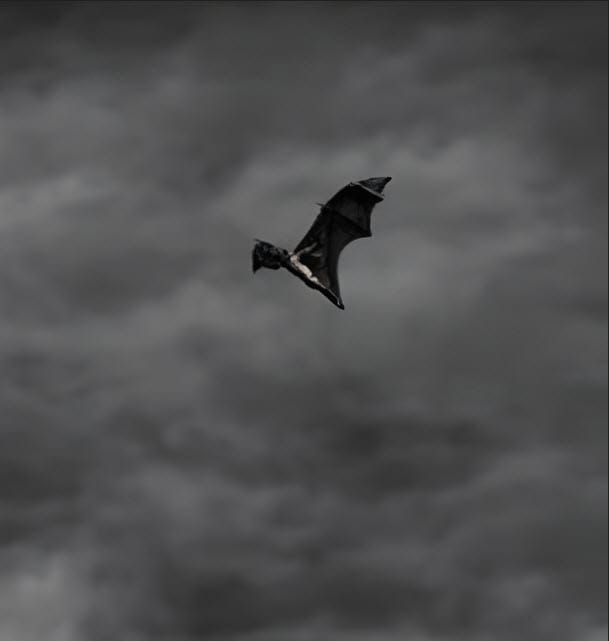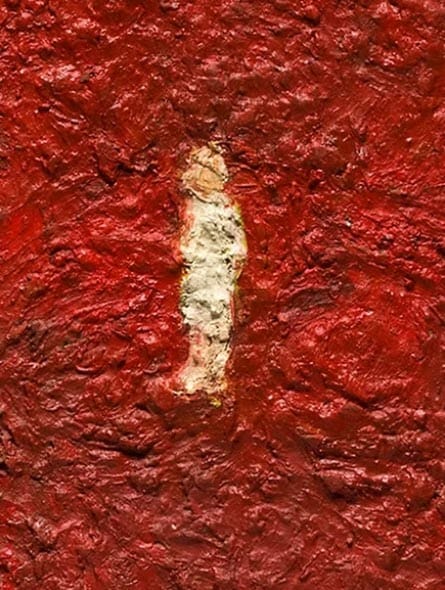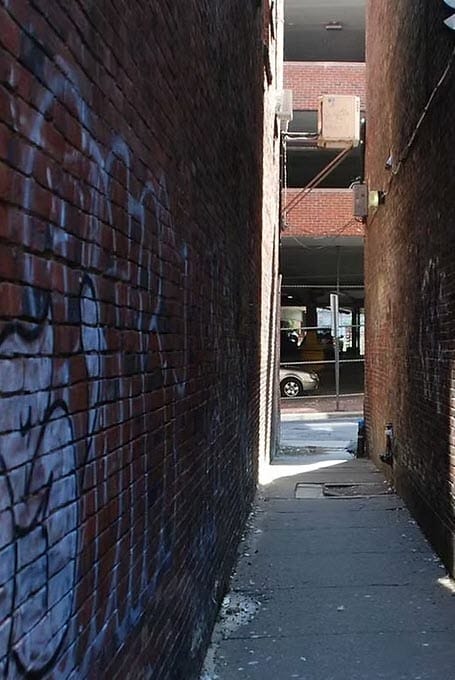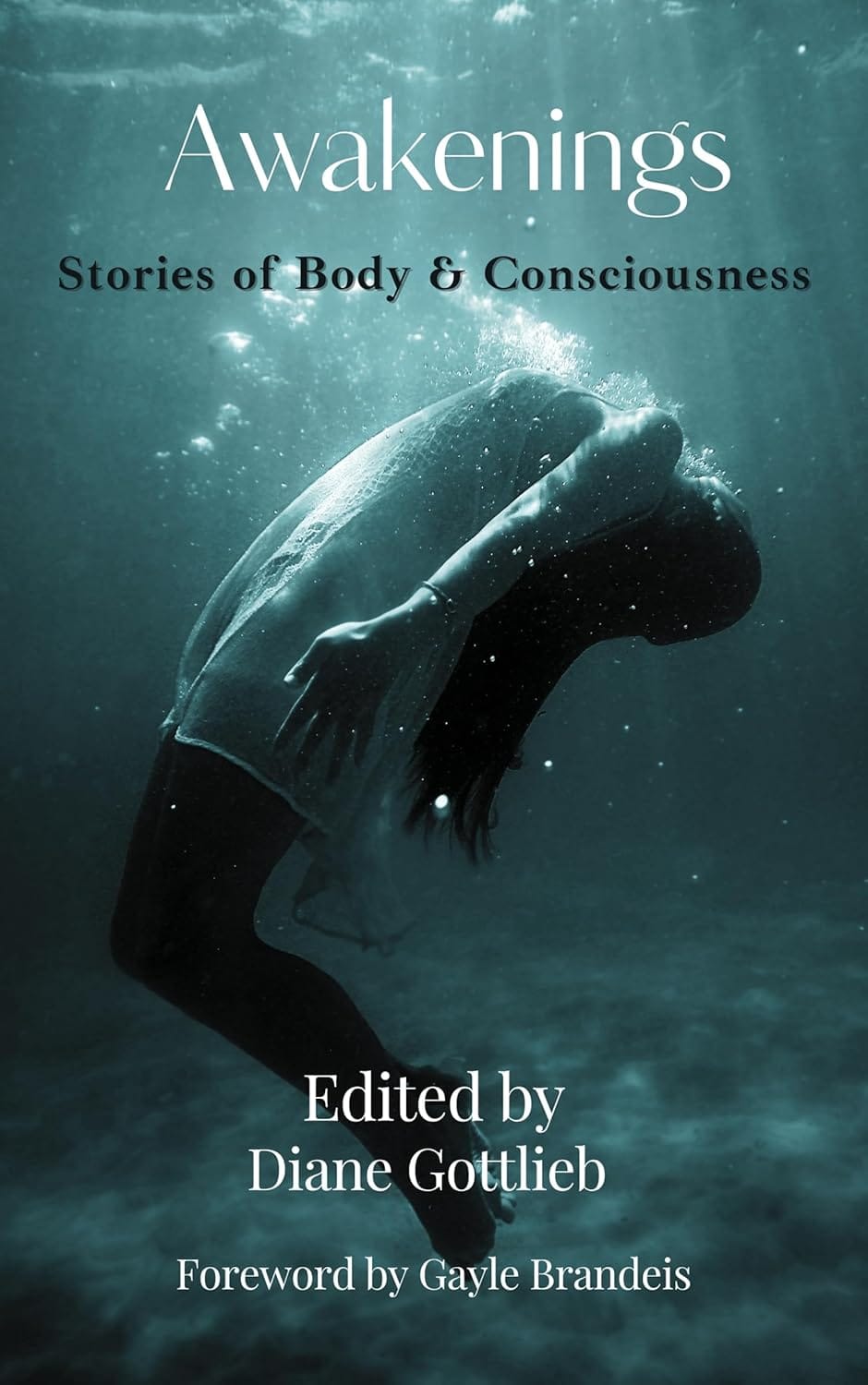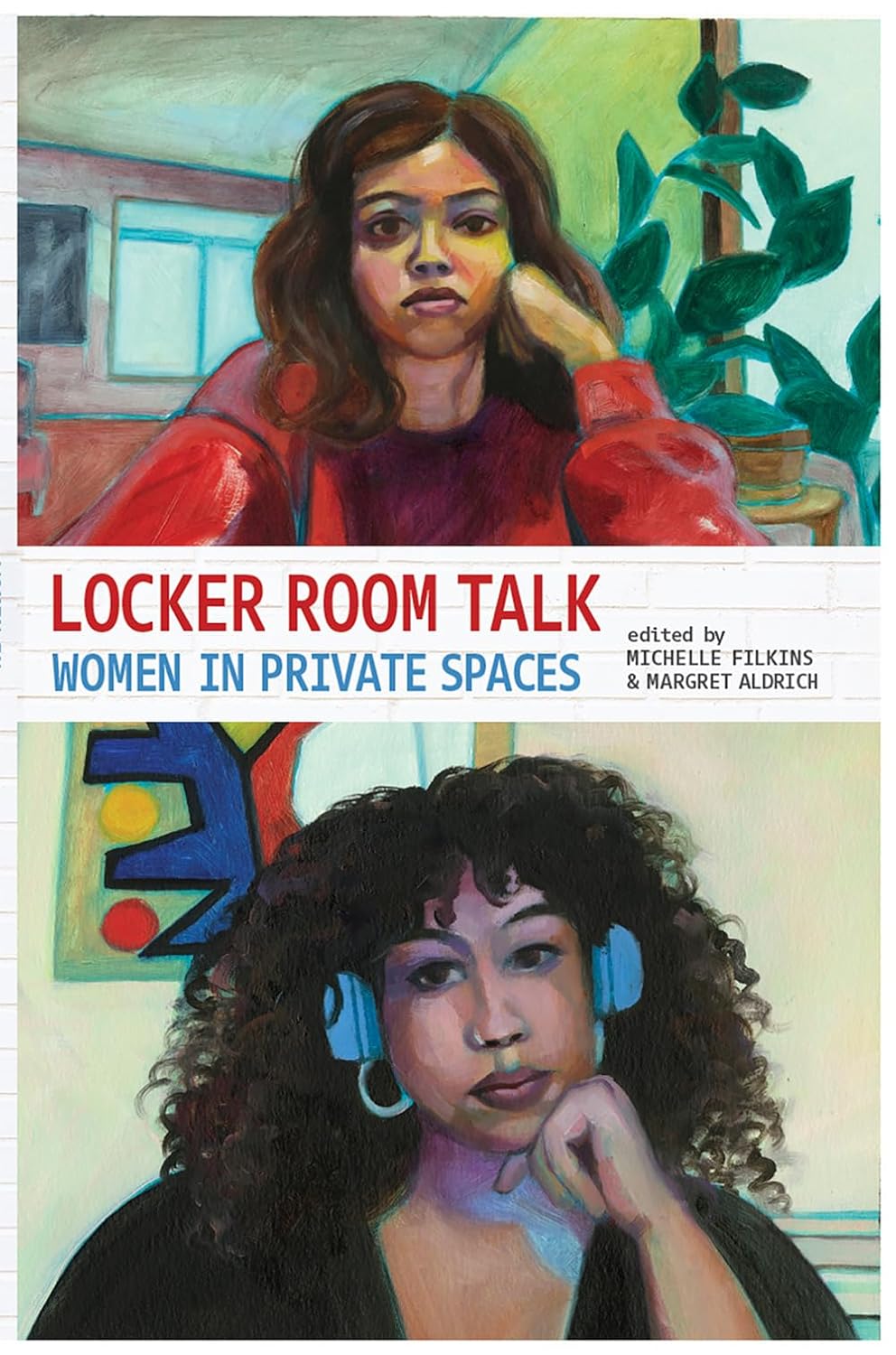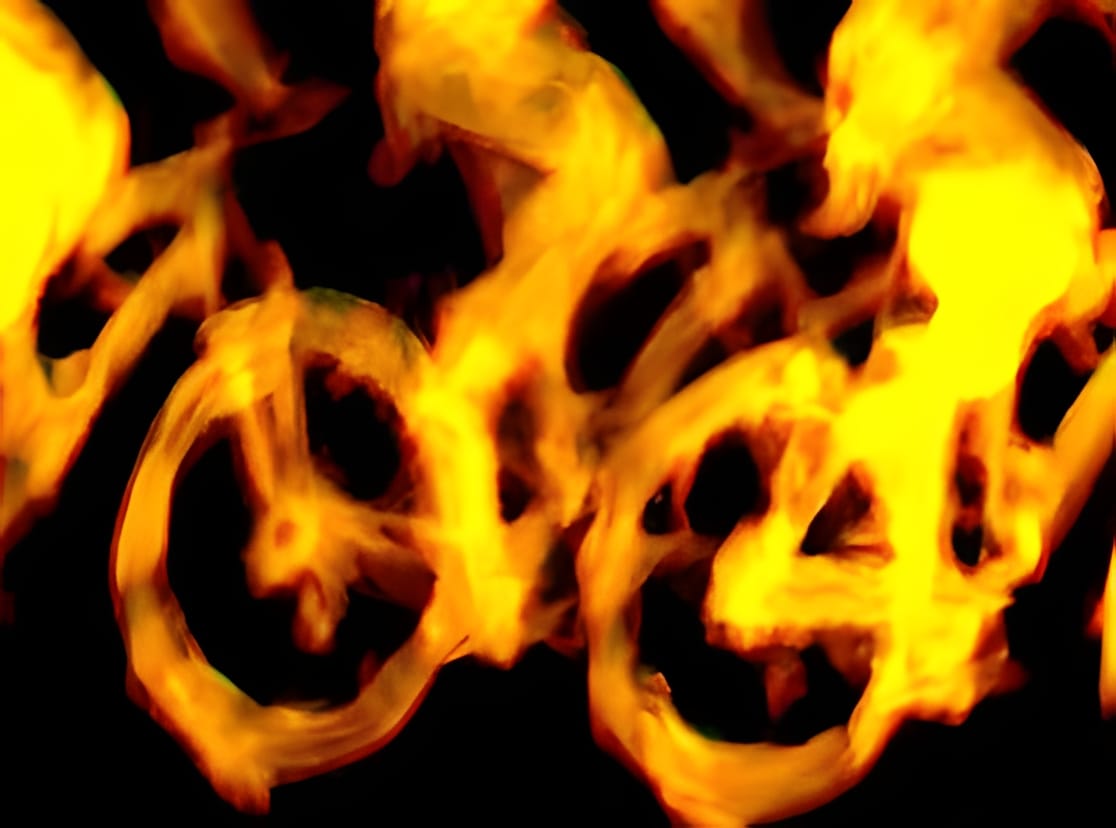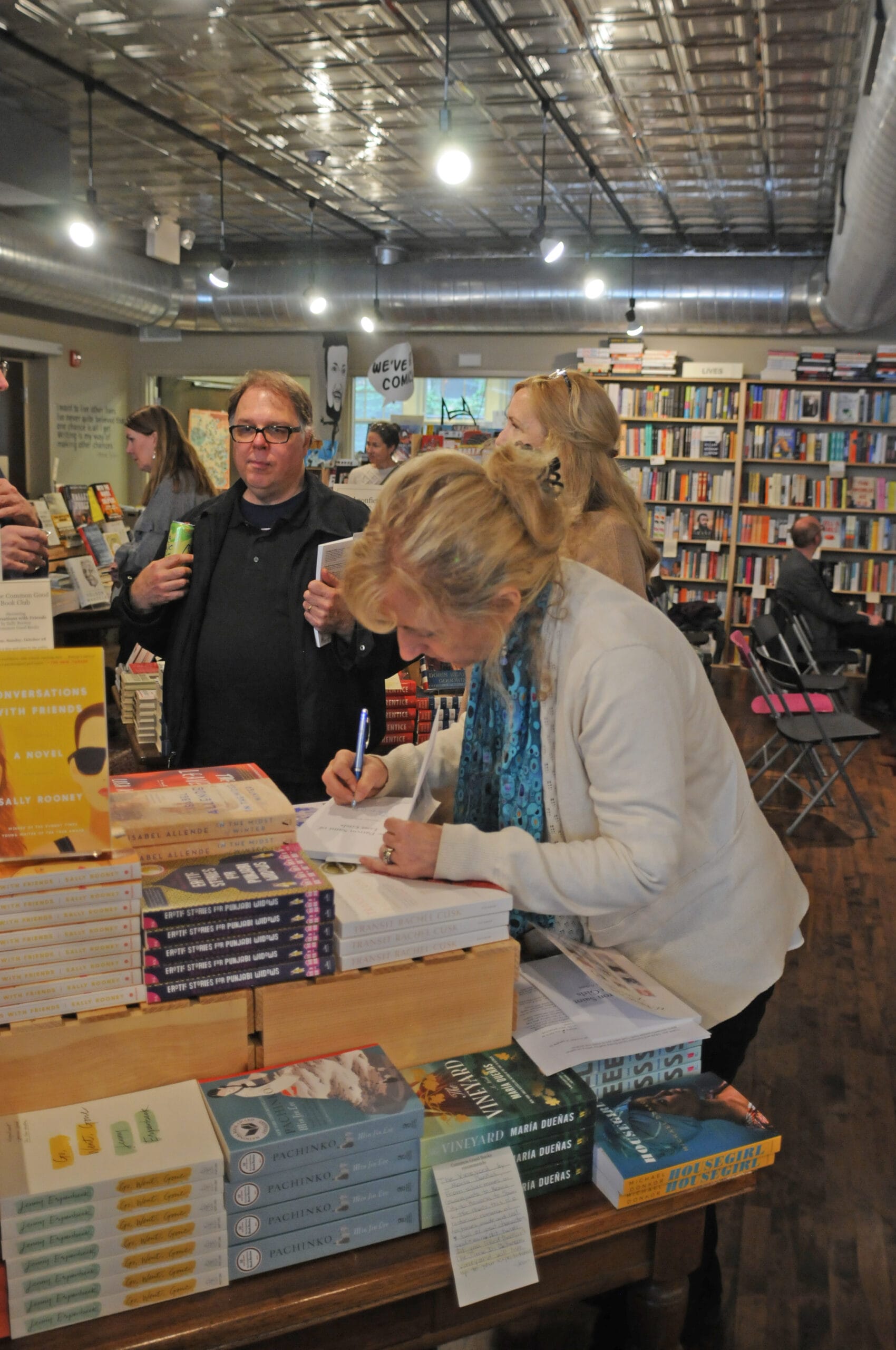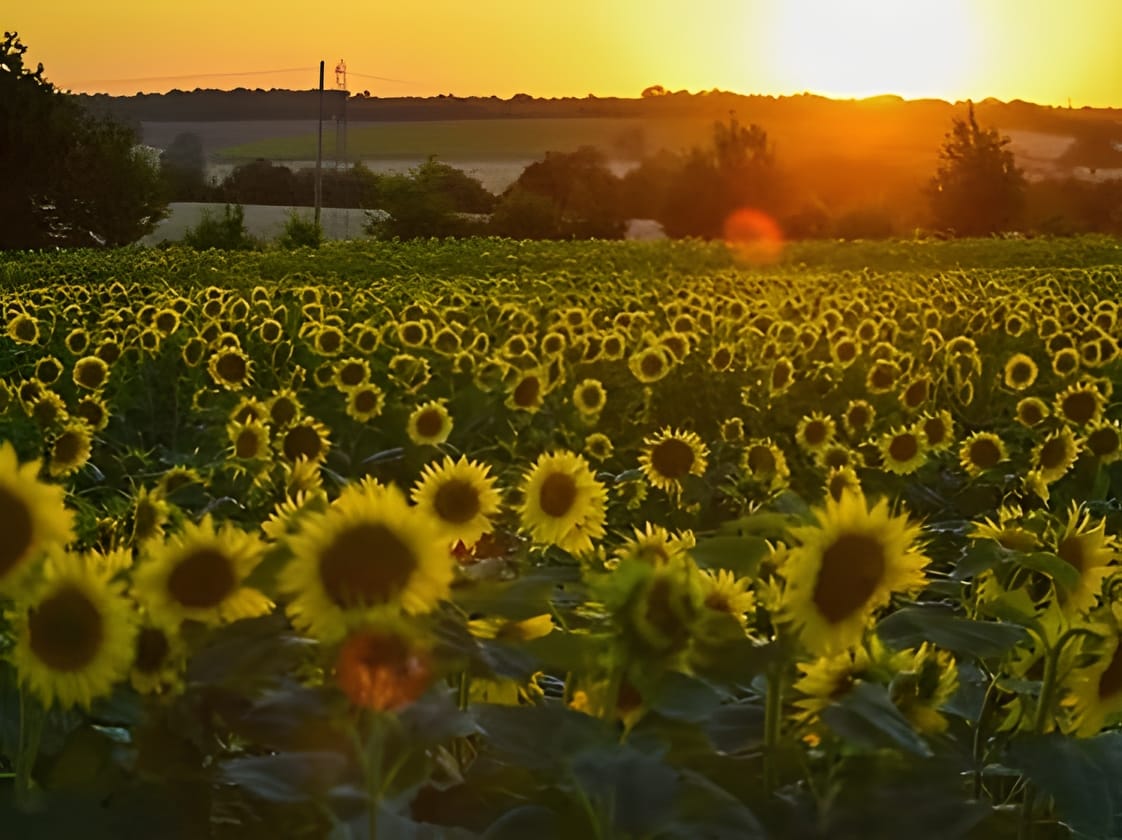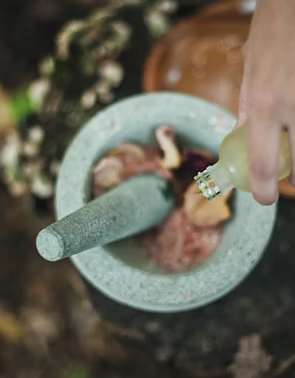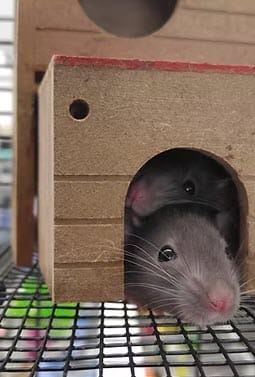Writing: Short Stories
THE DOCTORS SAID YOU’D STILL REMEMBER THE OLD STORIES, so let me start decades ago. I came home at my lunch break and you moved quickly around the kitchen. The open windows caught the breeze, rippling through the lace curtains you bought in Ireland.
Your father introduced me to you, explained how I’d been at it, writing The Dollmaker in Detroit, which was not about huge people, no, I wrote about the people on the side streets, down by the train tracks. He smiled when he showed you the article about me. So he bought my book for you.
When it was too late, we realized all the punks here dressed like birds.
When my father and I lifted my sister into the front seat of the Windstar, I understood we’d lost winter. It must have died mid-way between Thanksgiving and the early days of the month, giving people the acquiescent first shovel of the season, the inaugural whirring sound of the snow blowers. I expected a sudden resurgence – a foot-fall makeup blizzard – but the storms and ice sloes stilled, then stiffened, until a few warm days drained those final white patches into the hard ground.
Paula was so insanely hot she stuck to the vinyl seat. She smelled. The Dart smelled. Neal leaned over the engine and the way he slowly tipped, with dull misunderstanding, made Paula want to kill him.
It was August 1987 in Detroit, ten months after Black Monday. Martin Luther King Jr. Boulevard splayed out: a raw nerve of dry grass patches, a liquor store, and rows of one-story projects. In a cement court between the projects, a girl jumped on a metal sheet wedged between a pipe and a parking block. A woman with white hair, maybe the girl’s grandmother, watched from a folding chair.
That summer, when the lawns burst into flames, I packed some clothes and my Irish mythology books and rented a room from a farmer’s daughter in Jackson, Michigan. I was hired as an intern at a newspaper, where I wrote stories about a drought that scalded crops and ravaged family farms. A week after I moved in, Eunice and I ate dessert in front of the picture window, and Eunice told me how she had left her husband.
Writing: Publications
Paula was so insanely hot she stuck to the vinyl seat. She smelled. The Dart smelled. Neal leaned over the engine and the way he slowly tipped, with dull misunderstanding, made Paula want to kill him.
It was August 1987 in Detroit, ten months after Black Monday. Martin Luther King Jr. Boulevard splayed out: a raw nerve of dry grass patches, a liquor store, and rows of one-story projects. In a cement court between the projects, a girl jumped on a metal sheet wedged between a pipe and a parking block. A woman with white hair, maybe the girl’s grandmother, watched from a folding chair.
“Places in the World Where a Woman Could Dance.” Essay. Locker Room Talk: Women in Private Spaces. Spout Press. March 20, 2023.
A cycling class in a second-ring suburb, with the whir of bikes anchored in place, a pack of women pedal against the motion of their own jiggling, happy haunches. I am mesmerized by the one regal one who arrives halfway through, all muscle, wearing leg weights and a vest. She takes the front bike and defies instruction, lifts her jaunty body to an upward climb.
If you are a writer, write today as a way to honor the world, even if it’s just a sentence. What is writing if not, even in the stories of grief and sadness, a love letter to this life?
When I was in college, I used to drive my grandfather’s Impala, which he gave to my uncle, who eventually sold it to me for a couple of hundred dollars, because he was cheap.
I worked at a newspaper in Kalamazoo, Michigan, and met René, the
community organizer, on a story. She had this steady way about her—
calm, reserved, and curious, often thinking, rarely speaking. When
she did, it would be about the originality of Jane Jacobs, or how Habitat for Humanity never built in rich neighborhoods.
When my mother ran out of excuses to keep me home from school—a cold, pneumonia, the flu—the principal told her I had to return or repeat the sixth grade. By then, two weeks of mourning had turned to three. By then, fall had slipped away, and the year’s first snowfall had grayed in the streets and formed an ice shell over the lawns.
Writing: Essays
On a scorching hot July day in Brooklyn, my sister Mary Ann was in the hospital again suffering complications from Stage 4 cancer. To reach her that morning, I waited on a subway platform, dodged bugs the size of fists, and rushed under a blazing sun to the hospital. When I saw her face, I felt the weight fall from my shoulders. She had made it. She had lived through another night.

Lately, people talk in a way that reveals a collective dis-ease: depression, anxiety, rage, a sense of knowing dread at a looming, indecipherable dawn. It’s as though people take the Ray Bradbury title to heart: Something Wicked This Way Comes. A terrorist attack, or a lurking unknown, weighs on people and their lives.

